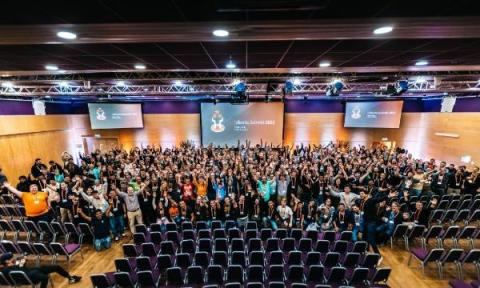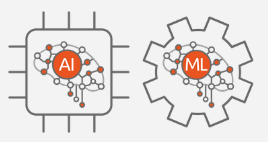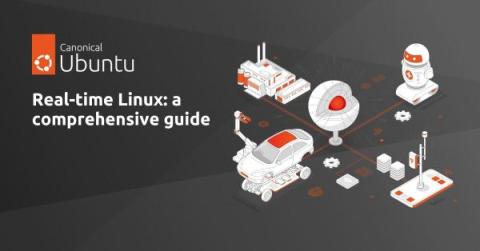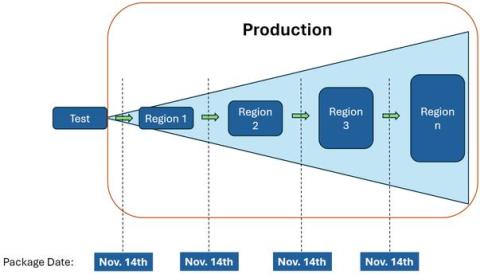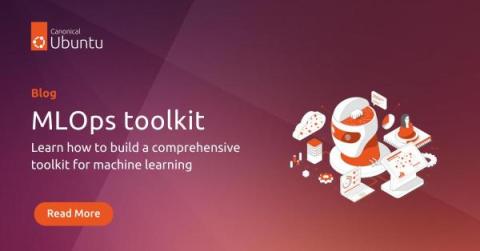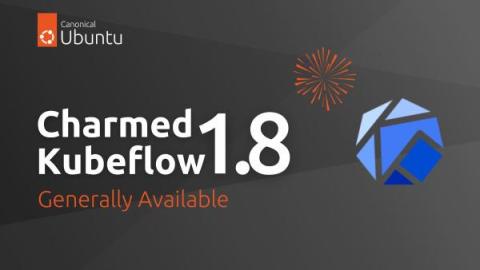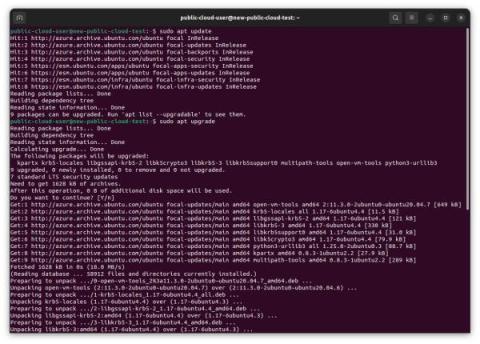Canonical joins the Sylva project
Canonical is proud to announce that we have joined the Sylva project of Linux Foundation Europe as a General Member. We aim to bring our open source infrastructure solutions to Sylva and contribute to the project’s goal of providing a platform to validate cloud-native telco functions.



